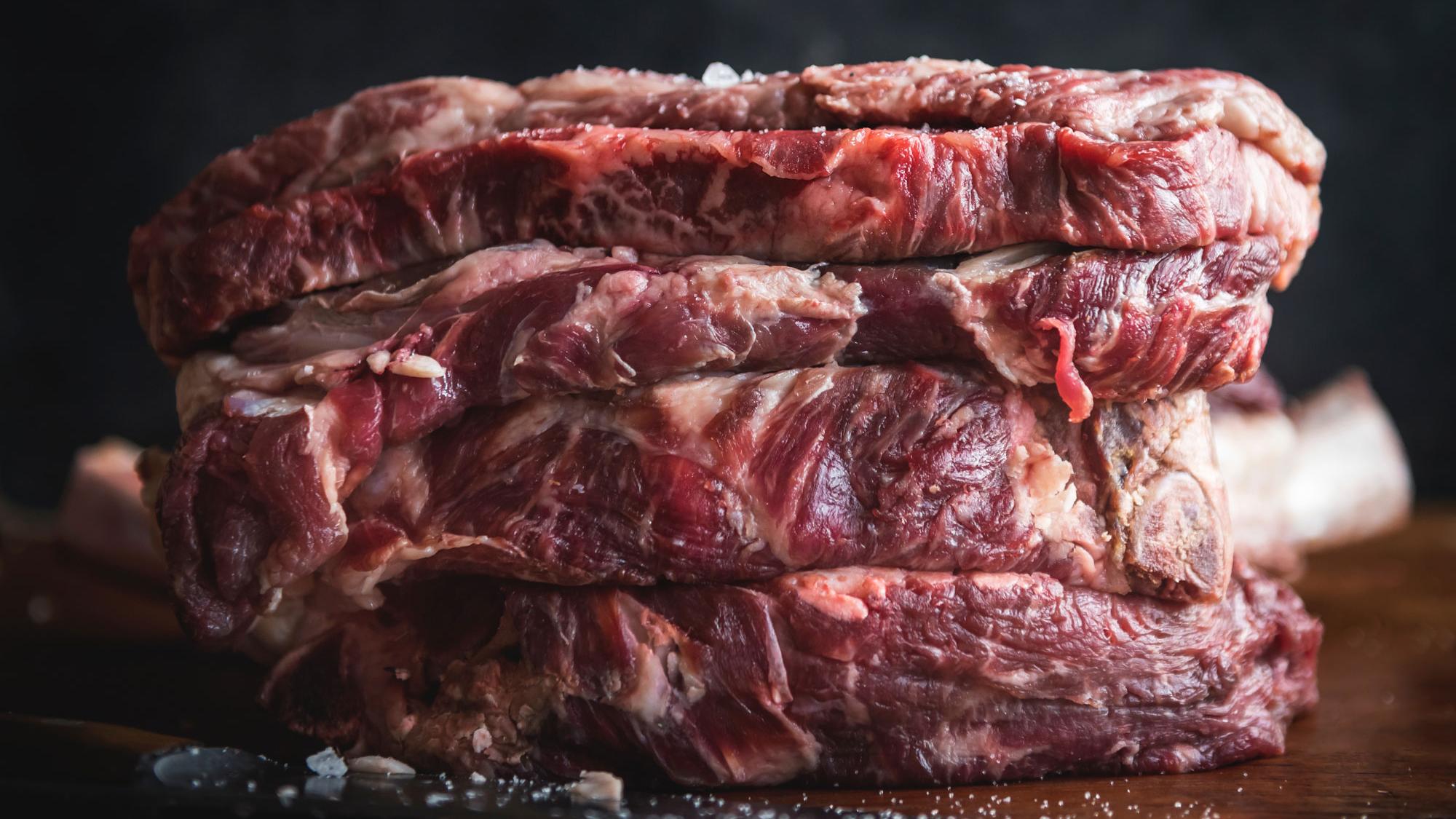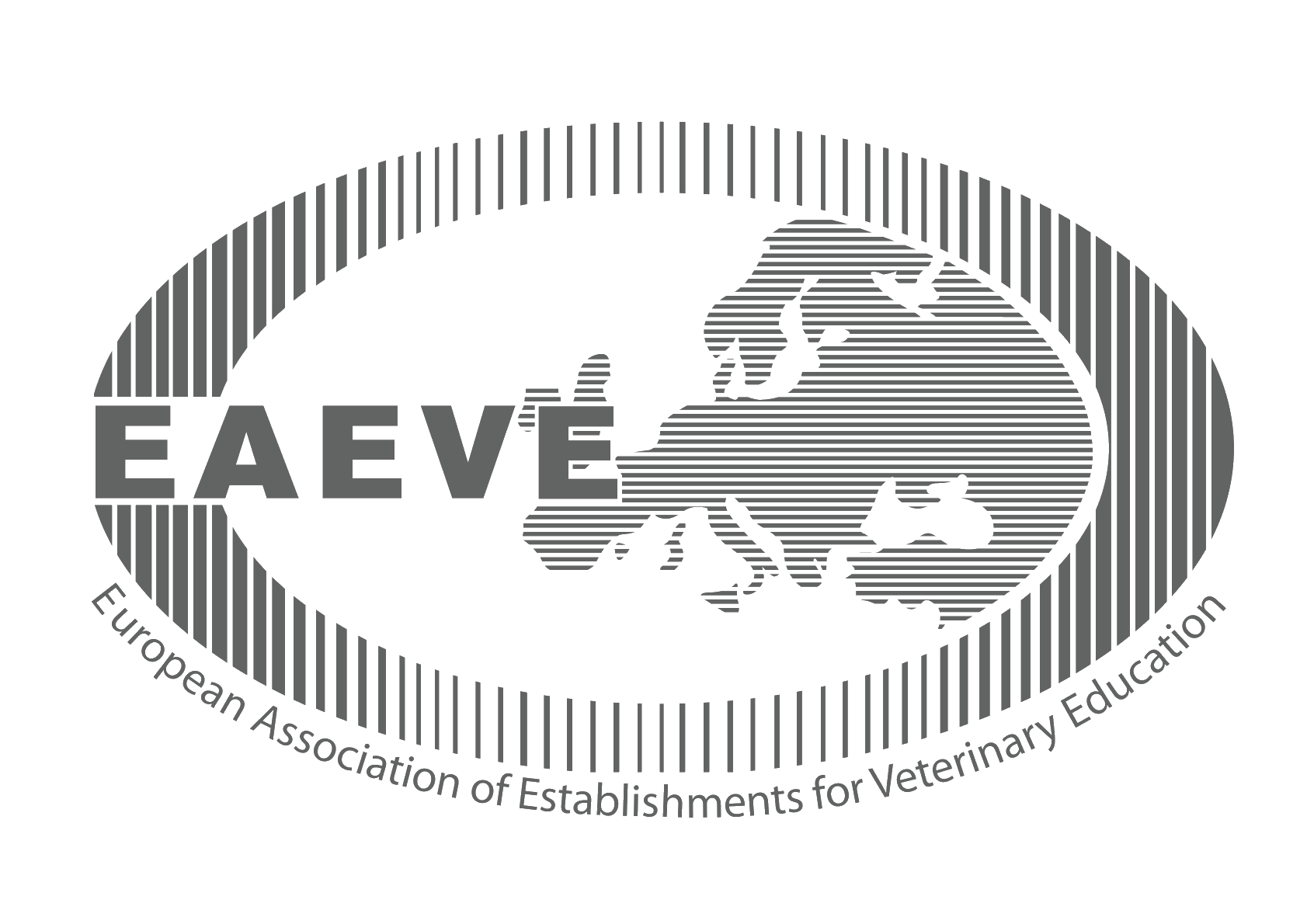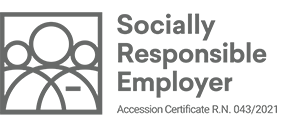The purpose of the Veterinary Public Health and Food Safety programme is for attendees to upgrade their theoretical and practical knowledge in the field of veterinary public health, food hygiene and safe food

Veterinary Public Health and Food Safety
Introduction
The continual development of our profession and the need to introduce modern concepts into our work demand new approaches to gain additional professional knowledge. In the past decade, important changes in theoretical and practical work have been made at all levels of veterinary medicine.
Great progress has been achieved in the processes of thinking and critical reasoning, which are now based on clinical and diagnostic cognitive skills. Contemporary clinical examinations and tests are based on evidential and deductive processes. Candidates can increase their knowledge and experience and direct it towards resolving diseases of individual animals and/or the herd. The work of professionals demands that they are educated, rational, and that they demonstrate a desire for an advanced level of clinical-diagnostic and critical-thinking skills.
In veterinary medicine, the need for supplementary learning is dictated by constant developments in current knowledge and new fields influencing the quality of professional work, which indirectly affects society as a whole. The European Association of Establishments for Veterinary Education – EAEVE recommends the introduction of advanced and continual post-graduate education. Post-graduate education is also encouraged by the Slovenian representative veterinary organization (Veterinary Chamber) and numerous veterinary associations.
The main goal of the Advanced Training Programme in Veterinary Public Health and Food Safety is for the veterinarian to upgrade his/her theoretical and practical skills in the subect.
Students, doctors of veterinary medicine, who are working in the field of veterinary public health and food safety, have to be highly professionally qualified for the work required in this area of expertise. Their primary task is to deepen the knowledge regarding their field. The programme includes theoretical lectures and practical work on zoonoses as they relate to food, with a full knowledge and comprehension of the risk assessment and epidemiological and statistical techniques used in connection with veterinary public health that can influence the health suitability and quality of food of animal origin.
Candidates who successfully complete the programme will be experts qualified for independent work in the field of hygiene and the inspection of food of animal origin and food safety.
Program information
The Programme for Advanced Training in Veterinary Public Health and Food Safety is awarded with 34 European credit transfer system (ECTS) credit points. It encompasses seven modules, five mandatory and two elective, which are horizontally related and consist of a theoretical and practical part. The focus is on practical work, which comprises 81.4 % of the programme content.
The study requirements are evaluated upon the basis of the European Credit Transfer System - ECTS.
Price |
6.000,00 € VAT incl. |
| ECTS (European Credit Transfer System) | 34 |
| total student's work | 1020 hours |
| modules (mandatory + elective) | 5 + 2 |
| practical work | 81,4 % |
| theoretical work | 18,6 % |
Basic objectives and competences
The basic objective of the programme is to obtain knowledge and understanding of positive and negative interactions between humans and animals with the focus on the consumption of food of animal origin, furthermore to be able to make professional and responsible choices regarding microbiological, chemical, and physical risks, to understand and use epidemiological and statistical tools and techniques for risk assessments and the HACCP system, and good production practice in veterinary public health.
Another goal is knowledge of the meat and milk processing industry, and processing industries for fish, shellfish, crabs, eggs, honey, and their products, which can help the expert with his decisions. The legislation regarding food hygiene and food control will be thoroughly discussed.
The student will be introduced to different research and laboratory analysis methods and will be trained to practise them on his/her own.
Average intake
The number of available places is 5 per year.
Mentorship
Candidates choose a mentor prior to the application or when applying to the programme. A mentor or co-mentor is a person with a professional or academic title and a suitable certified professional activity in the individual field. The mentor guides the candidate during his or her training.
Admission requirements
To apply for the Advanced Studies Programme in Veterinary Public Health and Food Safety candidates must meet the following requirements: hold a degree in veterinary medicine, have at least three years of work experience in the field of small animal medicine, and possess a valid licence. Candidates who have completed the degree abroad must attach a Certificate of Education Completed in a Foreign Education System.
Selection criteria for limited admission
Candidates will be considered on the work experience, a letter of recommendation from a veterinary association and their scientific and professional accomplishments. Individual elements will be evaluated upon the basis of:
Selection criteria |
Share in % |
| Work experience | 60 |
| Letter of recommendation from a veterinary association | 25 |
| Bibliography | 15 |
The admission limit is five candidates in accordance with Paragraph 1 of Article 41 of the Higher Education Act.
Recognition of knowledge and skills acquired prior to admission
The recognition of knowledge and skills acquired prior to admission shall be approved by the programme supervisor based on certificates and the mentor’s opinion.
Conditions for advancement and completion of the programme
The condition for advancement is the fulfilment of study obligations for all the modules. Conditions for completion of the programme are the fulfilment of all study obligations and and a successful pass in the final examination. Evidence of fulfilled obligations for all modules shall be submitted by the candidate before the final exam. Candidates are expected to pass the final exam no later than two years following the completion of their obligations or no later than four years after admission to the programme.
Title acquisition
By successfully passing the final exam, candidates will acquire a certificate in Advanced Training Programme in Veterinary Public Health and Food Safety, which is an official document (in accordance with Article 88 of the Statute of University of Ljubljana) and is signed by the Dean of the Veterinary faculty of Ljubljana and the Rector of the University of Ljubljana.
Grading system
Candidates are evaluated by oral and written exams, case reports, filled-in reports and written practical training reports. The final exam is carried out in front of the three-member commission.
Curriculum and short content description
The programme offers seven study modules, which consist of two parts: theoretical work (120 hours) and professional practical training (525 hours). Five modules are mandatory, two are elective.
The advanced professional studies programme comprises the following modules:
- Health Suitability of Food of Animal Origin; Alimentary Infections and Intoxications - Foodborne Diseases, HACCP, Risk Assessment
- Hygiene and Inspection of Meat and Meat Products
- Hygiene and Inspection of Milk and Milk Products
- Hygiene and Inspection of Fish, Shellfish, Frogs, Eggs, Honey and Products
- Research Methods in Veterinary Medicine
- Veterinary Informatics
- Final exam
All modules are classified in the field of veterinary medicine.
Curriculum
| Supervisor | Module | L | LP | CP | A | I | TH | ECTS |
| Andrej Kirbiš | Health Suitability of Food of Animal Origin; Alimentary Infections and Intoxications - Foodborne Diseases, HACCP, Risk Assessment | 40 | 150 | 30 | 80 | 300 | 10 | |
| Andrej Kirbiš | Hygiene and Inspection of Meat and Meat Products | 25 | 140 | 45 | 210 | 7 | ||
| Andrej Kirbiš | Hygiene and Inspection of Milk and Milk Products | 25 | 120 | 20 | 210 | 7 | ||
| Andrej Kirbiš | Hygiene and Inspection of Fish, Shellfish, Frogs, Eggs, Honey and Products | 20 | 30 | 15 | 90 | 3 | ||
| Jelka Zabavnik Piano | Research Methods in Veterinary medicine* | 10 | 10 | 10 | 60 | 30 | 120 | 4 |
| Jelka Zabavnik Piano | Veterinary Informatics* | 10 | 10 | 10 | 60 | 30 | 120 | 4 |
| Andrej Kirbiš | Final exam | 90 | 3 | |||||
| Total | 120 | 450 | 75 | 60 | 155 | 1020 | 34 |
Key: L lectures; LP laboratory-based practical classes; CP clinical practical classes; S seminars; A alternative work; I individual student’s work, TH total hours; ECTS credit points based on ECTS.
* Elective modules. Candidates must choose one.
Short review of modules
Lecturers: Andrej Kirbiš (module supervisor), Stanka Vadnjal, Majda Biasizzo, Manja Križman, Urška Henigman, Ksenija Šinigoj Gačnik
ECTS weighting: 10 credit points.
The main purpose of this module is to upgrade the knowledge of experts regarding alimentary toxic infections, the HACCP system, good production practice, risk assessment and epidemiology.
Lecturers: Andrej Kirbiš (module supervisor), Stanka Vadnjal, Majda Biasizzo, Manja Križman, Urška Henigman, Ksenija Šinigoj Gačnik
ECTS weighting: 7 credit points.
Candidates are given an upgrade to their knowledge regarding health suitability and quality of meat and meat products, safe food production management, sampling for laboratory analysis, performance of bacteriological, chemical and toxicological analysis, and report making concerning the results of analyses and the measurements taken in cases of health and quality inadequacy.
Lecturers: Andrej Kirbiš (module supervisor), Stanka Vadnjal, Majda Biasizzo, Manja Križman, Urška Henigman, Ksenija Šinigoj Gačnik, Štefan Pintarič
ECTS weighting: 7 credit points.
This module will give a candidate knowledge about the health suitability and quality of milk and milk products and includes the influence of microorganisms on the hygienic and technological quality of milk, the hygiene of milk production, milk production procedures, the transport of milk to the dairy, veterinary sanitary inspection, processing of milk in the dairy, assessment of health integrity and quality, and different milk product processes.
Lecturers: Andrej Kirbiš (module supervisor), Stanka Vadnjal, Majda Biasizzo, Manja Križman, Urška Henigman, Ksenija Šinigoj Gačnik
ECTS weighting: 3 credit points.
The main purpose of the module is to give the candidate new knowledge in the field of health suitability and quality in fish, shellfish, crabs, frogs, eggs, honey, and their products. The goal is to train candidates in inspection of the health suitability and quality of these foods, from production, sampling for laboratory analyses, performance of bacteriological, chemical and toxicological analyses, to taking the right measurements in case of health and quality inadequacy.
Lecturers: Jelka Zabavnik Piano (module supervisor), Brigita Grecs Smole
ECTS weighting: 4 ECTS credit points.
The relation between experience, veterinary profession, and science; stages of the scientific research processes; research methods and techniques; formulating a scientific research problem; the analysis of a scientific research article.
Lecturers: Jelka Zabavnik Piano (head lecturer), Brigita Grecs Smole
ECTS weighting: 4 ECTS credit points.
The relation between experience, veterinary profession, and science; a system of scientific and professional information; how to search for information in veterinary medicine; the formulation of a basic document; analysis of information regarding professional work.
Lecturer: Andrej Kirbiš (module supervisor)
ECTS weighting: 3 credit points.
The final exam represents a synthesis of the knowledge that the candidate will have gained over the course of advanced training. A pass demonstrates his/her ability to independently solve problems regarding veterinary public health and food safety.
Application
Contact
Centre for Postgraduate Studies and Continuing Education
Gerbičeva 60
1000 Ljubljana
Tel: +386 1 4779 147
Fax: +386 1 283 22 43
Email: biljana.grubisic@vf.uni-lj.si
Glavna navigacija
- Informativni dan
- Why to become a veterinarian?
- Undergraduate Studies
- Postgraduate studies
- Pripravništvo
- Summer Schools
- Continuous education
- Professional Development
- International Activity
- Mednarodna dejavnost - Tuji študentje
- The Path to Creative Knowledge
- Tutoring
- Extracurricular Activities
- Career Centres
- Alumni
- Student organizations and societies
- Quality Assurance
Location
Gerbičeva 60
SI-1000 Ljubljana
Slovenija
Sample Reception
Samples are received at several locations throughout Slovenia. See where.
The veterinarian on duty
Emergency veterinary assistance for dogs and cats and a telephone number of constant readiness.
Library
A wide selection of domestic and foreign professional literature in the field of veterinary medicine and other sciences.
Main navigation
-
Education
- Informativni dan
- Why to become a veterinarian?
- Undergraduate Studies
- Postgraduate studies
- Pripravništvo
- Summer Schools
- Continuous education
- Professional Development
- International Activity
- Mednarodna dejavnost - Tuji študentje
- The Path to Creative Knowledge
- Tutoring
- Extracurricular Activities
- Career Centres
- Alumni
- Student organizations and societies
- Quality Assurance
- Clinics
- Diagnostics
- Dobrobit
- NVI
- Research
- About us
- Hub



